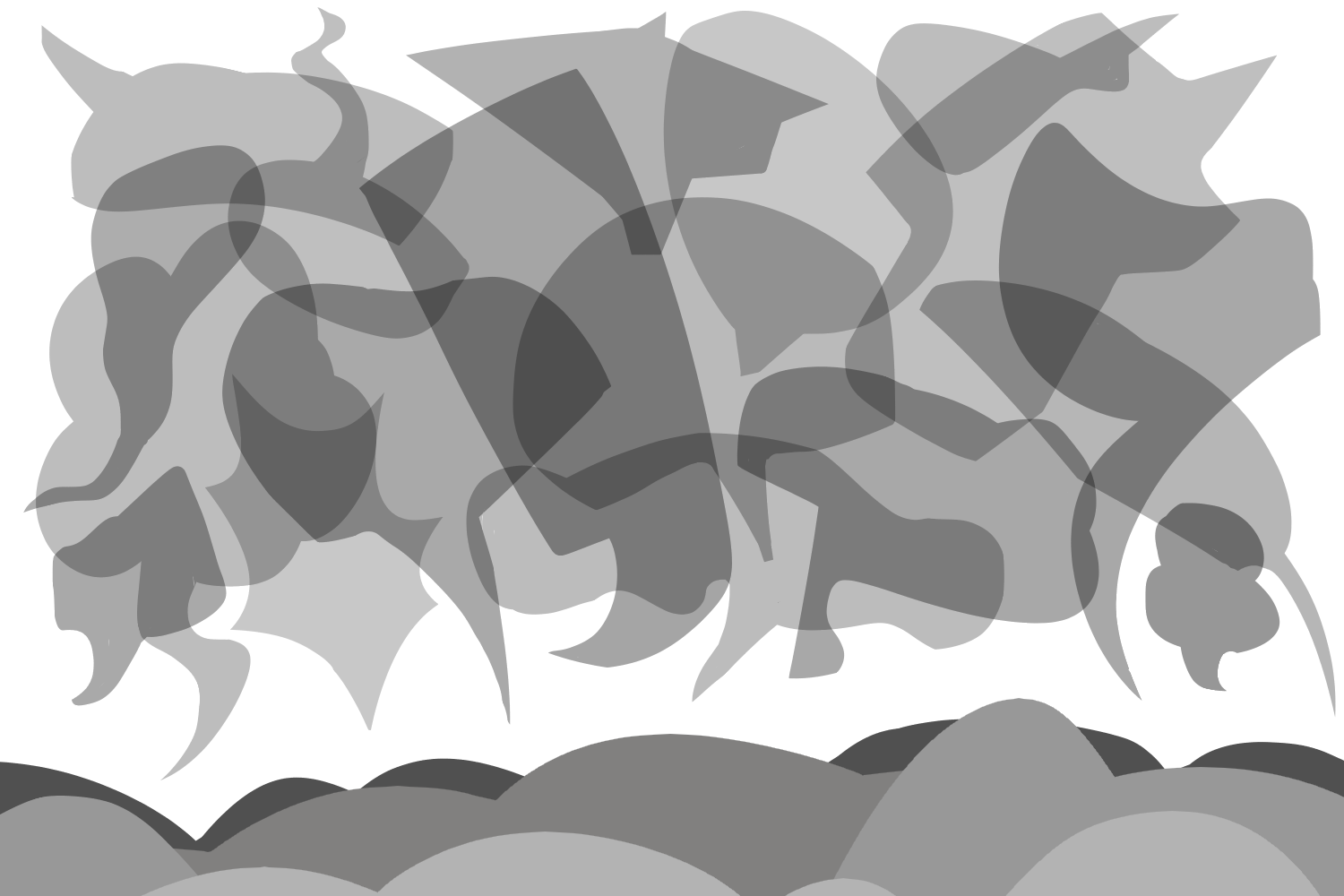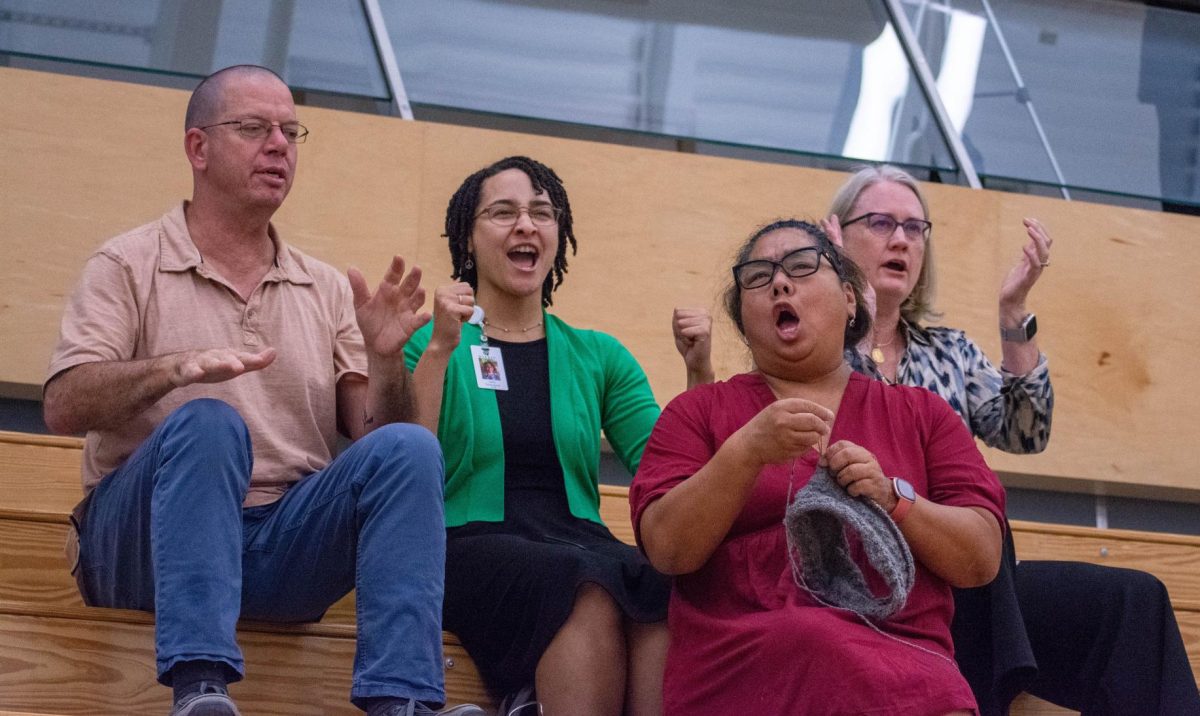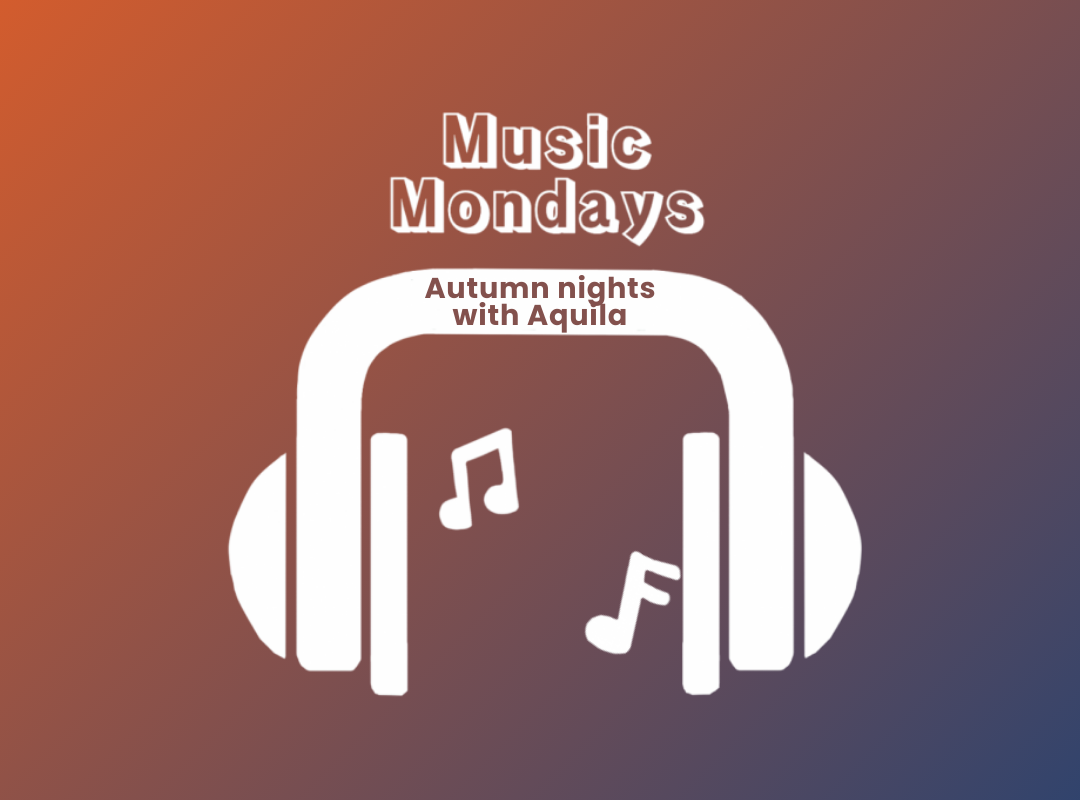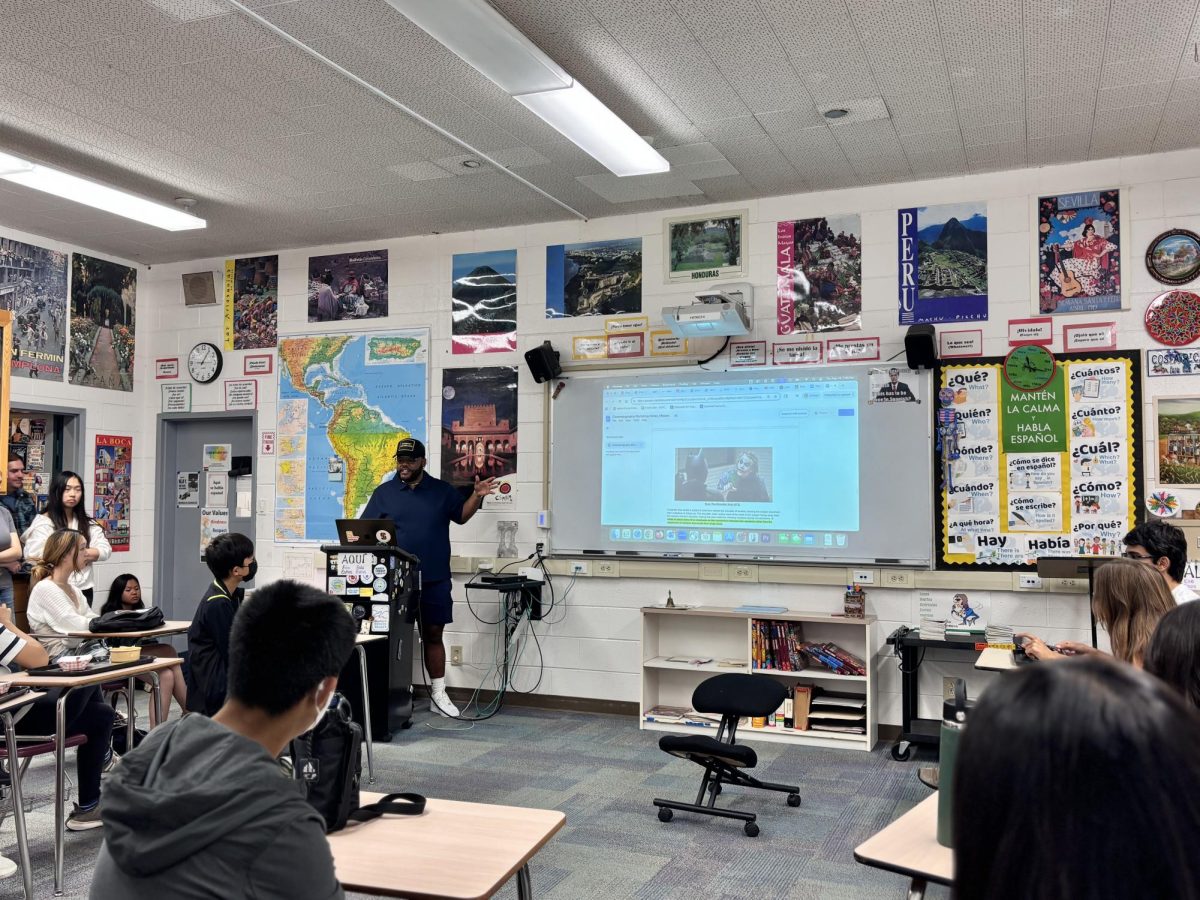Editorial: “Abridging the freedom of speech”
In the wake of the Unite the Right rally in Charlottesville, Virginia, some have proposed making hate speech exempt from First Amendment protections. But what makes free speech valuabe is the sheer diversity of opinions i fosters-even if some opinions are offensive.
September 9, 2017
A white supremacist rally, “Unite the Right,” assembled to protest the removal of a statue of Robert E. Lee in a public park on Aug. 11-12 in Charlottesville, Virginia. Unite the Right demonstrators chanted anti-Semitic slogans, displayed Nazi and Confederate iconography and sported rifles, bludgeons, shields and armor. Counterprotesters came to oppose; in the violence that ensued, one of the white supremacists drove a car into a crowd of counterprotesters, killing one and injuring at least 19 others.
In the wake of Charlottesville, the nation has come to confront and ponder the removal of Confederate monuments, the continued and emboldened presence of white supremacist thought, and at the root of it all, the extent of First Amendment protections.
The Winged Post unequivocally supports the current state of First Amendment rights, opposes any selective curtailment of free speech and condemns the Unite the Right rally’s efforts in undermining the free exercise thereof.
In its current form, the First Amendment affords broad but specific protections to free speech, but does not protect “fighting words” — words “that by their very utterance inflict injury or tend to incite an immediate breach of the peace” — or the incitement of “imminent lawless action.”
Each of these proscribed categories has an incredibly narrow definition — the Supreme Court has never found reason to invoke fighting words clauses in any of the hate speech cases it has considered since 1942. But the actions of Unite the Right rallygoers are incendiary enough to constitute “fighting words,” a level which mere hate speech rarely achieves. The combined meaning of chanting Nazi slogans, displaying Nazi and Confederate insignias and brandishing weapons together can reasonably be considered to incite an immediate breach of the peace.
The Unite the Right protesters explicitly overstepped their First Amendment protections by instigating a breach of the peace and deliberately acting to inhibit others’ exercise of free speech through intimidation and violence. By arriving at the rally brandishing arms and intimidating counterprotesters, they inhibited detractors’ ability to willingly exercise their rights to free speech and assembly; and by engaging in violence, they forfeited their right to “peaceably” assemble.
But the violence and words of the Unite the Right protest should not be taken as cause to outlaw hate speech, as some commentators have proposed. While well-intentioned, we oppose any such qualifications. The virtue and strength of free speech come on account of its broad nature, and any abridgments would have fearful consequence.
Specifically, to enact a ban on hate speech would require a legal justification and vest the government with an unprecedented power. With newly formed precedent and the semblance of popular sanction, an administration could extend further bans on free speech of a less morally justified nature. We ought fear vesting the Trump administration with these unilateral censorship powers: bans could be enacted on discussing Climate Change, LGBT rights or sex education, each with the very real justification that their discussion is legitimately offensive to many Americans.
Speech ought not be outlawed merely for being offensive, and the violence of Charlottesville in no way denotes a need to rescale First Amendment rights. If anything, the popular backlash to the Unite the Right protesters manifested in counterprotests, popular condemnation and continued opposition all serve as evidence of the health and proper function of First Amendment rights. The current system allows for thoughts to be articulated — and if opposed, articulately challenged.
We uphold the extent of First Amendment rights and condemn the Unite the Right movement that prevented and perverted its exercise.


















![“[Building nerf blasters] became this outlet of creativity for me that hasn't been matched by anything else. The process [of] making a build complete to your desire is such a painstakingly difficult process, but I've had to learn from [the skills needed from] soldering to proper painting. There's so many different options for everything, if you think about it, it exists. The best part is [that] if it doesn't exist, you can build it yourself," Ishaan Parate said.](https://harkeraquila.com/wp-content/uploads/2022/08/DSC_8149-900x604.jpg)




![“When I came into high school, I was ready to be a follower. But DECA was a game changer for me. It helped me overcome my fear of public speaking, and it's played such a major role in who I've become today. To be able to successfully lead a chapter of 150 students, an officer team and be one of the upperclassmen I once really admired is something I'm [really] proud of,” Anvitha Tummala ('21) said.](https://harkeraquila.com/wp-content/uploads/2021/07/Screen-Shot-2021-07-25-at-9.50.05-AM-900x594.png)







![“I think getting up in the morning and having a sense of purpose [is exciting]. I think without a certain amount of drive, life is kind of obsolete and mundane, and I think having that every single day is what makes each day unique and kind of makes life exciting,” Neymika Jain (12) said.](https://harkeraquila.com/wp-content/uploads/2017/06/Screen-Shot-2017-06-03-at-4.54.16-PM.png)








![“My slogan is ‘slow feet, don’t eat, and I’m hungry.’ You need to run fast to get where you are–you aren't going to get those championships if you aren't fast,” Angel Cervantes (12) said. “I want to do well in school on my tests and in track and win championships for my team. I live by that, [and] I can do that anywhere: in the classroom or on the field.”](https://harkeraquila.com/wp-content/uploads/2018/06/DSC5146-900x601.jpg)
![“[Volleyball has] taught me how to fall correctly, and another thing it taught is that you don’t have to be the best at something to be good at it. If you just hit the ball in a smart way, then it still scores points and you’re good at it. You could be a background player and still make a much bigger impact on the team than you would think,” Anya Gert (’20) said.](https://harkeraquila.com/wp-content/uploads/2020/06/AnnaGert_JinTuan_HoHPhotoEdited-600x900.jpeg)

![“I'm not nearly there yet, but [my confidence has] definitely been getting better since I was pretty shy and timid coming into Harker my freshman year. I know that there's a lot of people that are really confident in what they do, and I really admire them. Everyone's so driven and that has really pushed me to kind of try to find my own place in high school and be more confident,” Alyssa Huang (’20) said.](https://harkeraquila.com/wp-content/uploads/2020/06/AlyssaHuang_EmilyChen_HoHPhoto-900x749.jpeg)










